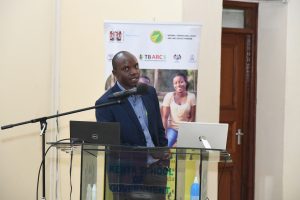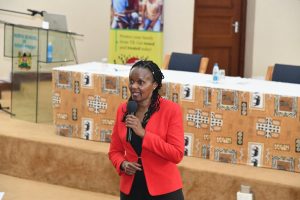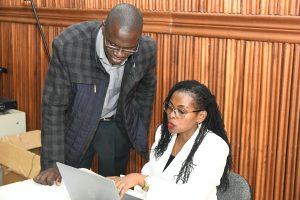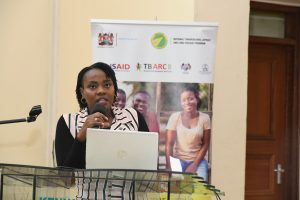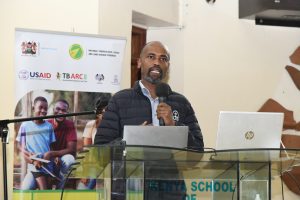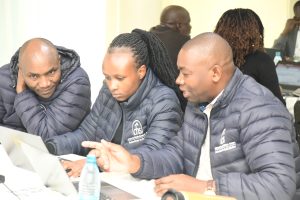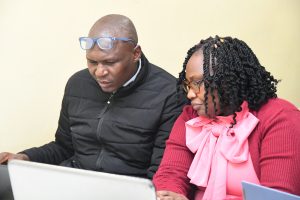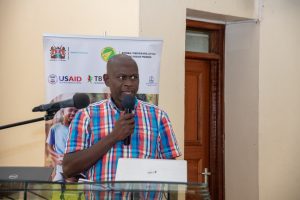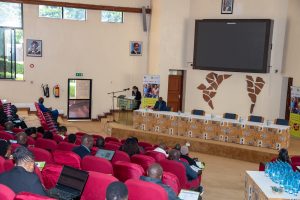Annual TB Stakeholders Workplan: Collaborative Strategic Planning Process
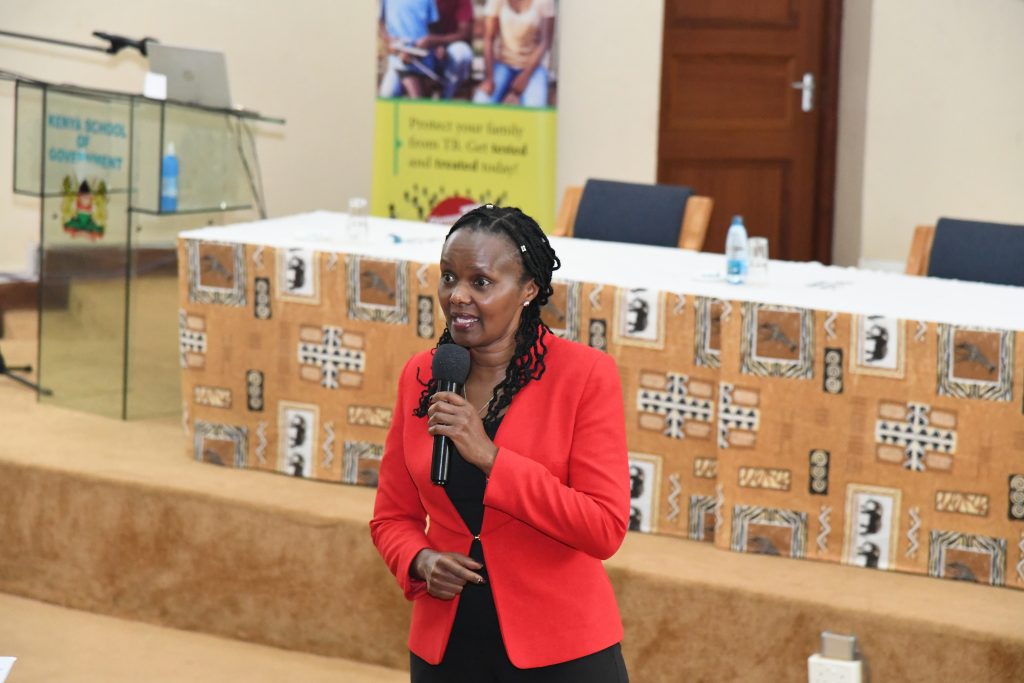
The Division of Tuberculosis and Other Lung Diseases, in collaboration with implementing partners and stakeholders, is currently undertaking the work planning for the fiscal year 2024/2025. This comprehensive five-day exercise began on Monday at the Kenya School of Government, Lower Kabete, and is supported by CHS USAID TB ARC II.
Dr. Immaculate Kathure, the Acting Head of the National TB Program, emphasized the critical importance of co-creating the TB work plan. “Co-creating the TB work plan is not just a strategy but a necessity for achieving the country’s set targets and reducing duplication. By involving all stakeholders in the planning process, we harness diverse perspectives and expertise, ensuring that our initiatives are comprehensive and impactful. This collaborative approach not only streamlines our efforts but also fosters a sense of ownership and commitment among all partners.”
The annual event gathers experts to harmonize strategic insights and foster collaboration to shape the future of TB control in Kenya. This initiative aims to build a more efficient and effective response to TB, ultimately improving health outcomes and saving lives. Aligned with the National Strategic Plan 2023/24-2027/28, this year’s workshop focuses on synchronizing program interventions and activities by integrating new grants and partners supporting TB, leprosy, and other lung health initiatives. This integration adheres to both WHO global and national policies and guidelines.
The planning process takes place in the context of new funding from the Global Fund and USAID. Key stakeholders participating in the workshop include representatives from the Ministry of Health, County Governments, WHO, USAID, CDC, CHS USAID TB ARC II, AMREF Health Africa Kenya, KCCB, STOP TB Partnership, UNITAID, USAID PROPEL, HealthIT, CHAI, and members from the affected communities.
Kenya continues to face significant challenges in TB control, with the latest data indicating a substantial burden of the disease. The country’s strategic and collaborative efforts aim to reduce this burden, improve detection and treatment rates, and address the stigma associated with TB.
By leveraging the collective expertise and resources of all stakeholders, the annual TB work planning process aims to deliver a more robust and coordinated response to TB, enhancing the quality of care and support for those affected. The ultimate goal is to eradicate TB as a public health threat and ensure healthier futures for all Kenyans. 